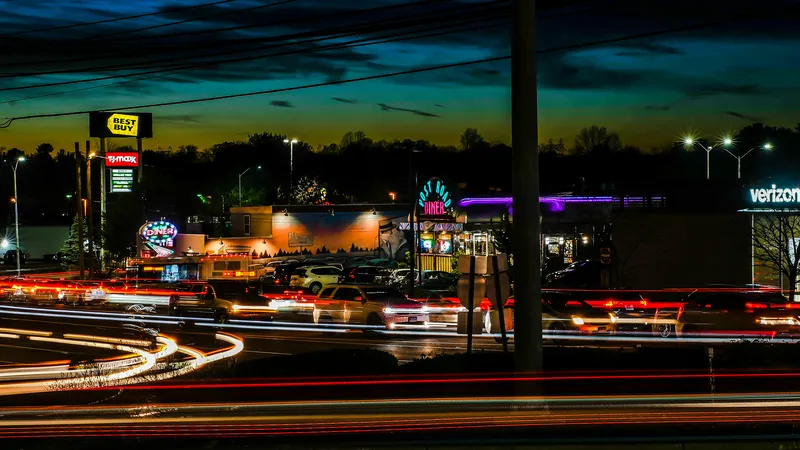TISPOL has released the results of a pan-European speed control operation in August, which shows that more than 600,000 drivers were detected for breaking speed limits. A total of 29 countries took part in the operation. Of the final total of 605,523 detections, 189,432 were made directly by police officers and 416,091 came from automatic technical means.
June 3, 2014
Read time: 1 min
Commenting on the results, TISPOL president Koen Ricour reminded drivers that speed was one of the big three killers on the roads. “Speed limits are in place for a reason, to reduce casualties and keep the roads safe for everyone. Unfortunately there are some drivers who see speed limits as optional and others who regard them as an inconvenience.
“But speed limits are there to save lives. Drivers who either exceed the speed limit or drive at a speed that’s inappropriate for the road, traffic or weather conditions, are more likely to be involved in a collision. At best this will result in damage and delay; at worst it can lead to serious injury or death.”









